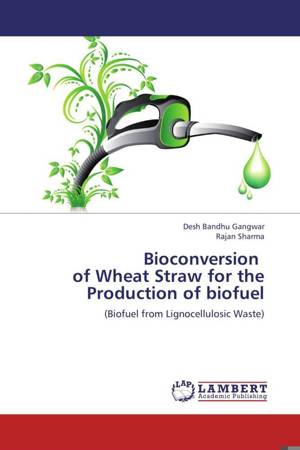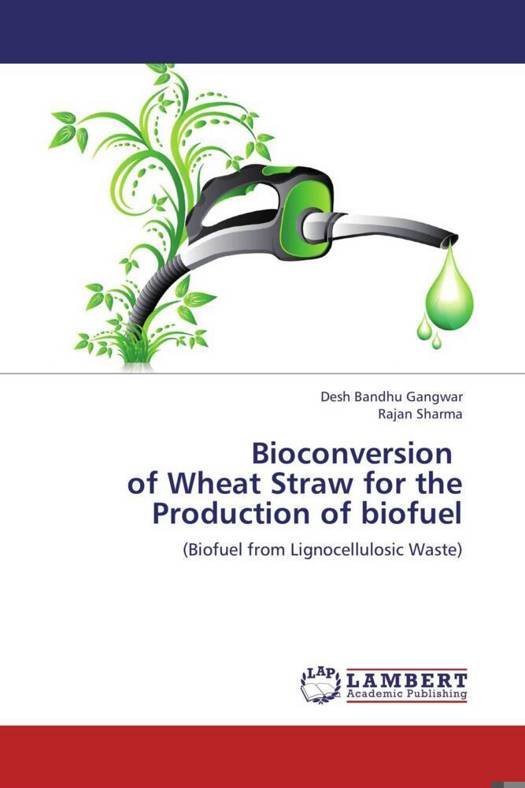
- Afhalen na 1 uur in een winkel met voorraad
- Gratis thuislevering in België vanaf € 30
- Ruim aanbod met 7 miljoen producten
- Afhalen na 1 uur in een winkel met voorraad
- Gratis thuislevering in België vanaf € 30
- Ruim aanbod met 7 miljoen producten
Zoeken
Bioconversion of Wheat Straw for the Production of biofuel
Biofuel from Lignocellulosic Waste
Desh Bandhu Gangwar, Rajan Sharma
Paperback | Engels
€ 61,95
+ 123 punten
Omschrijving
The rising cost of fuel oil compelled the industry to search for alternative fuels and biomass and hence the production of fermentable sugars from renewable lignocellulosic waste materials, which can be used as feedstock for the production of biofuel. Ethanol is a high octane, water free alcohol produced from renewable resources like wheat straw, rice husk, corn, wood and other biomaterials. Ethanol is most often blended with gasoline - usually as a 10 per cent mix - to create a fuel called gasohol. Ethanol blended fuels like gasohol, act as natural antifreeze, and appear to burn more efficiently in combustion engines. As well, ethanol is used commercially in producing food grade vinegar, food extracts, pharmaceutical products. In the last decade, most research has tended to focus on developing an economical and ecofriendly ethanol production process. Much emphasis is being given to the production of ethanol from lignocellulosic biomass and other forms of agricultural and forestry residues
Specificaties
Betrokkenen
- Auteur(s):
- Uitgeverij:
Inhoud
- Aantal bladzijden:
- 52
- Taal:
- Engels
Eigenschappen
- Productcode (EAN):
- 9783659229664
- Verschijningsdatum:
- 6/09/2012
- Uitvoering:
- Paperback
- Afmetingen:
- 150 mm x 220 mm
- Gewicht:
- 91 g

Alleen bij Standaard Boekhandel
+ 123 punten op je klantenkaart van Standaard Boekhandel
Beoordelingen
We publiceren alleen reviews die voldoen aan de voorwaarden voor reviews. Bekijk onze voorwaarden voor reviews.







